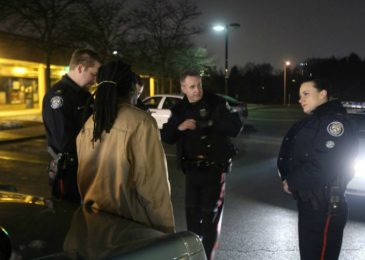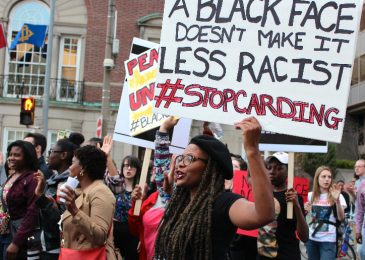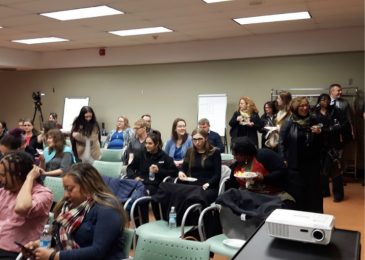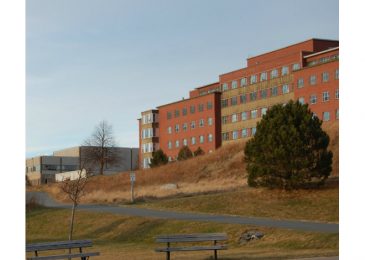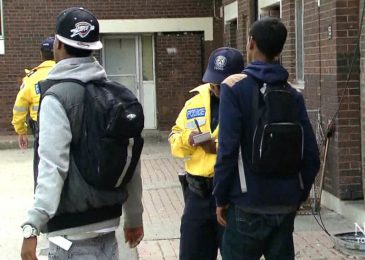Broad coalition of African Nova Scotian organizations wants police street checks stopped now
Recently more than 25 African Nova Scotian organizations in a joint statement asked that the practice of police street checks be stopped immediately. The NS Human Rights Commission meanwhile has claimed African Nova Scotian support for the analysis it is conducting. When asked who these supporters are the Commission essentially tells me that it is none of my business.

